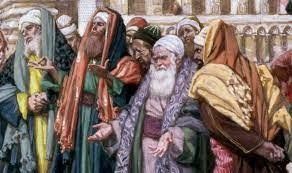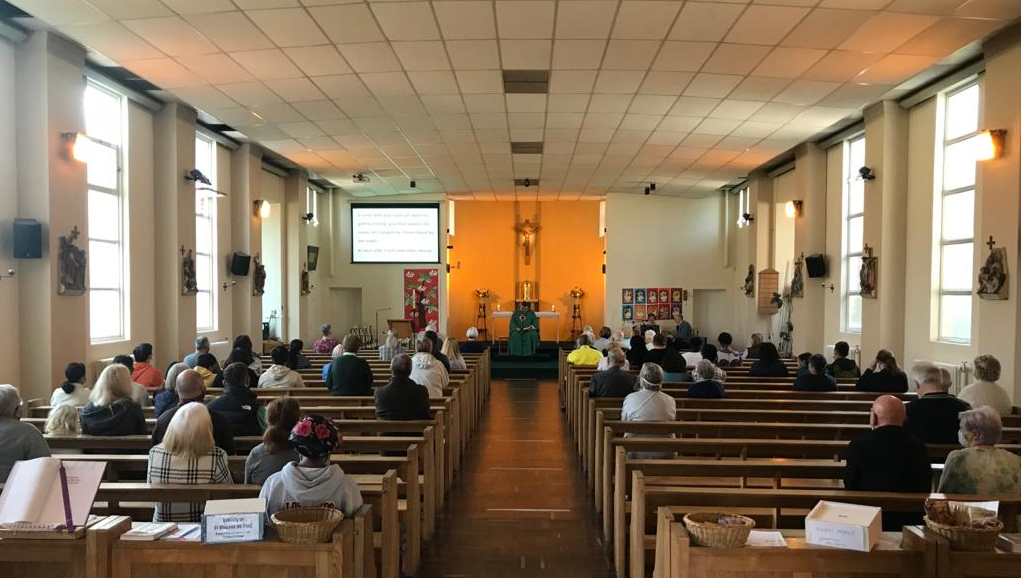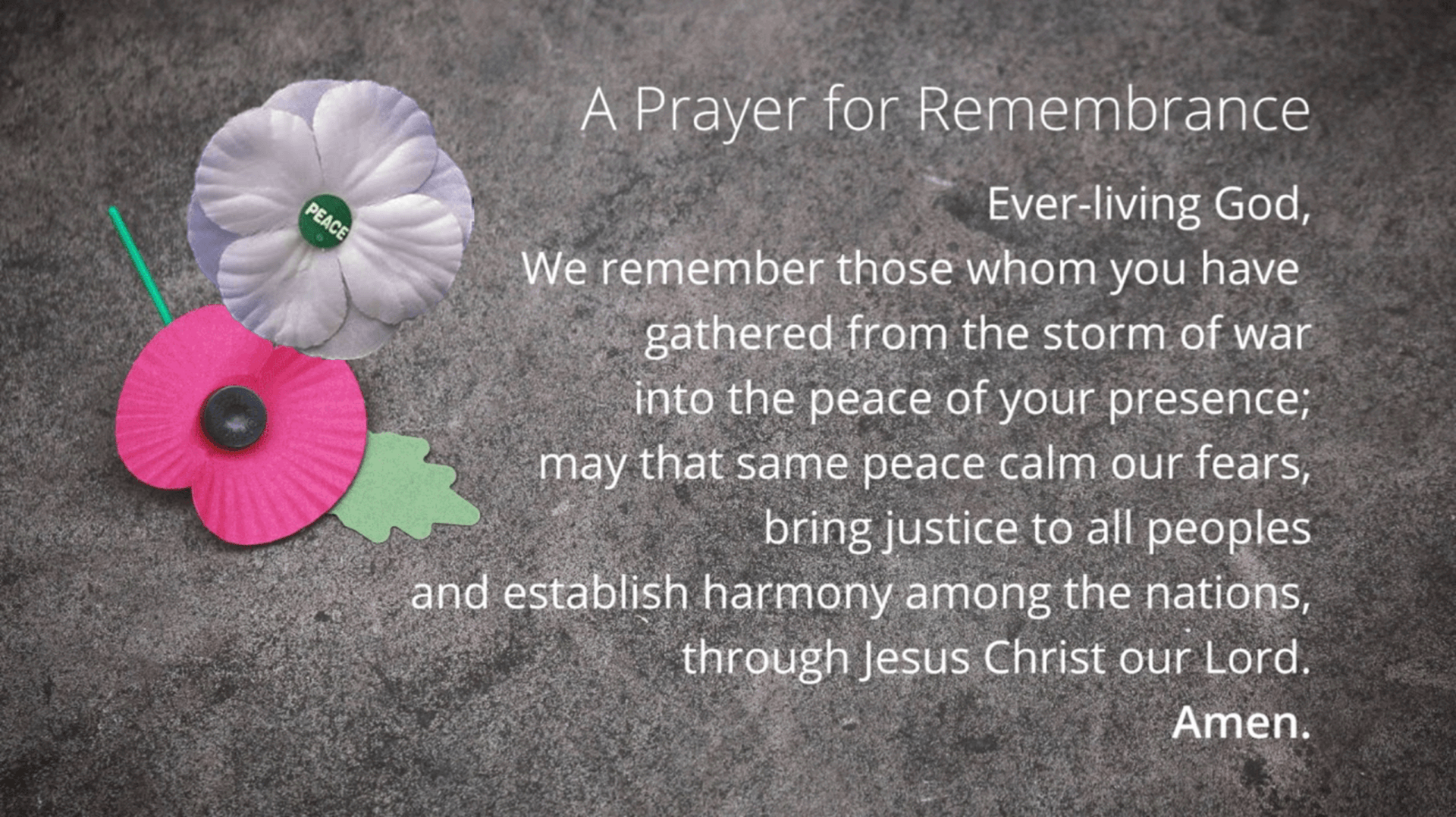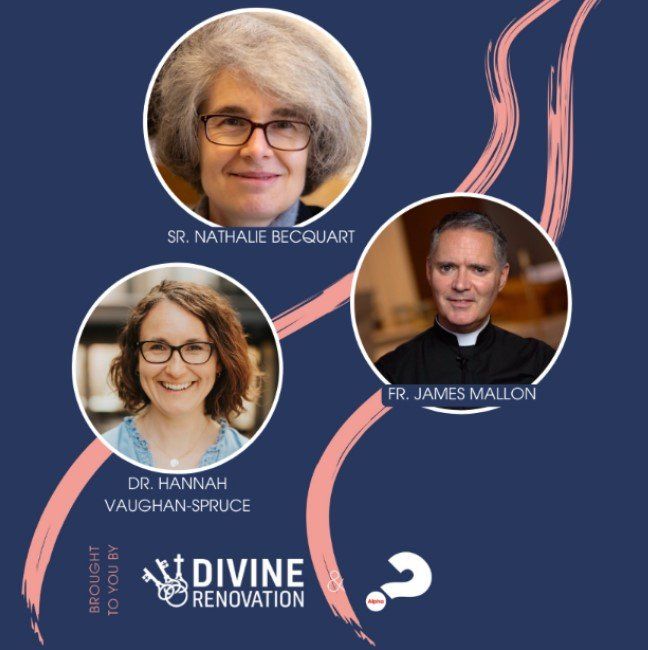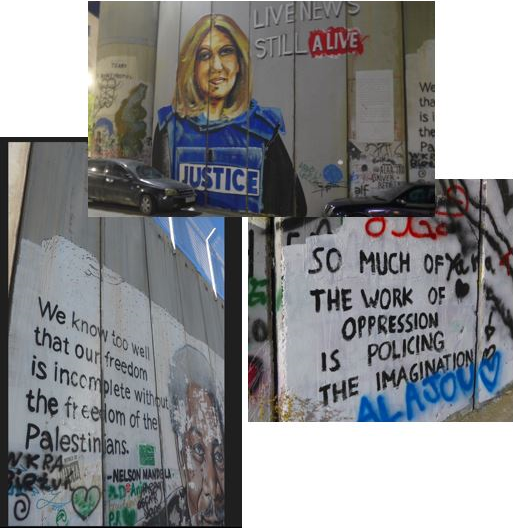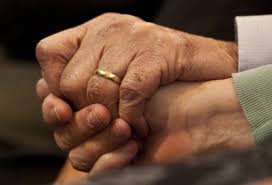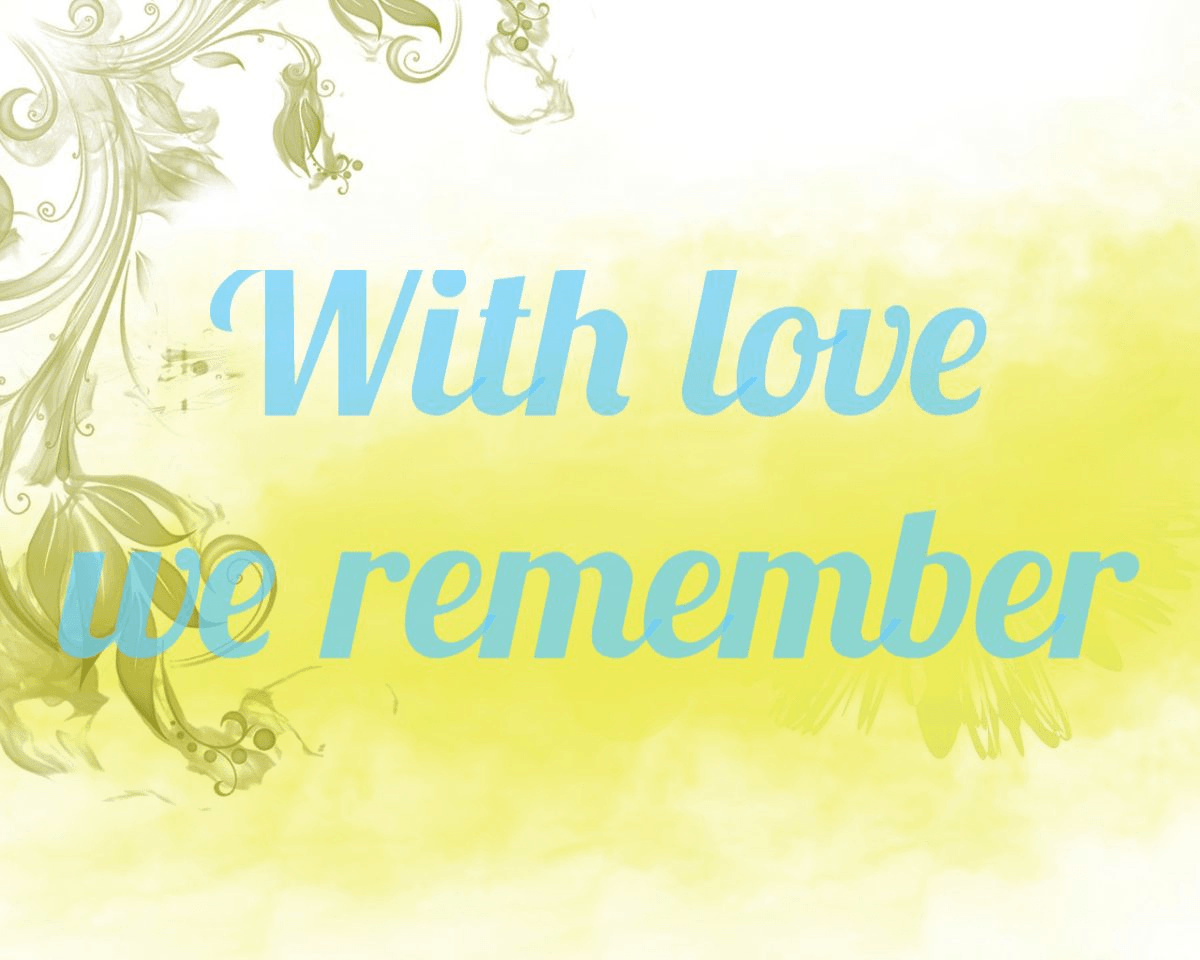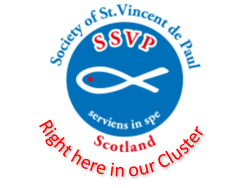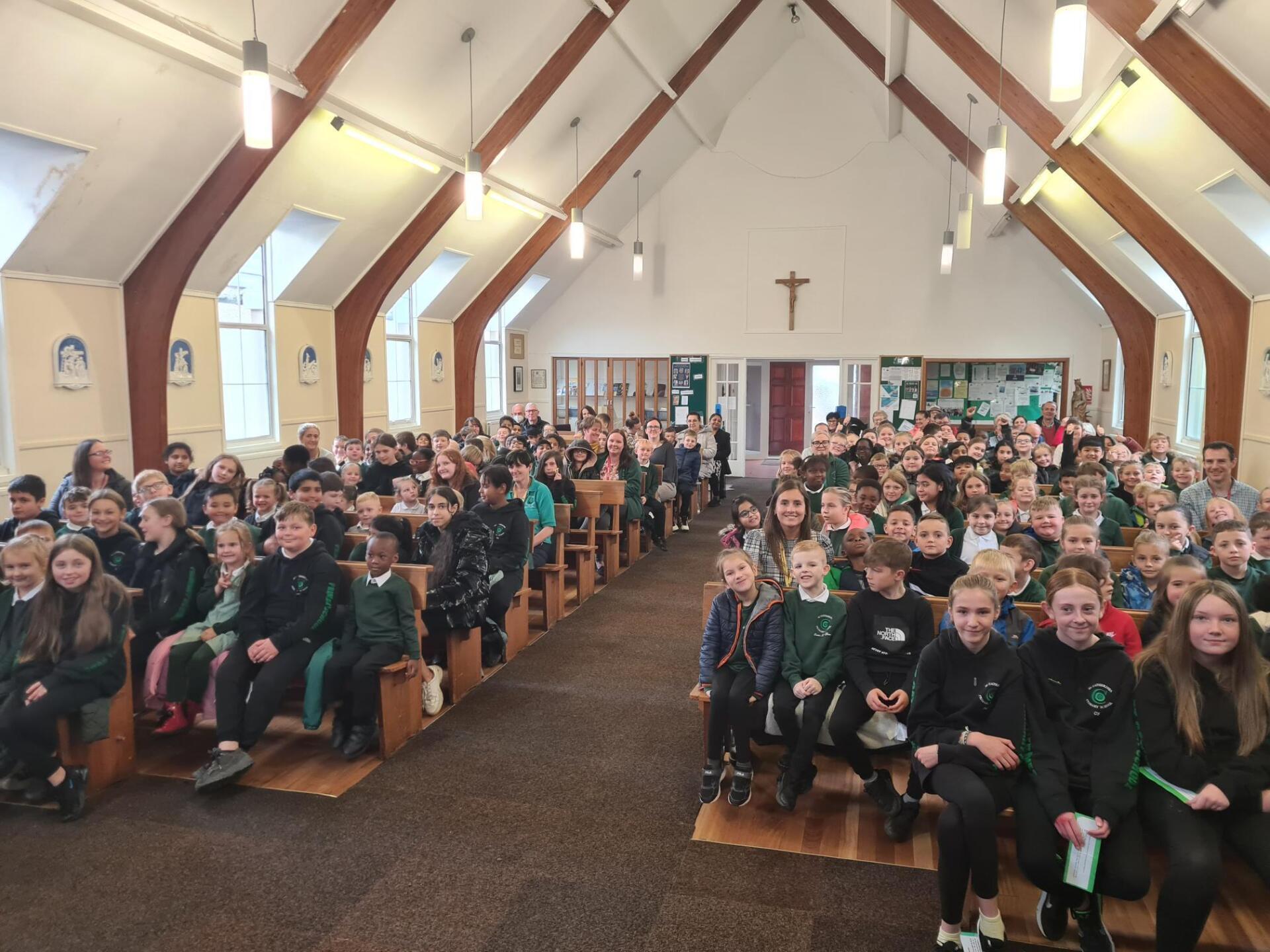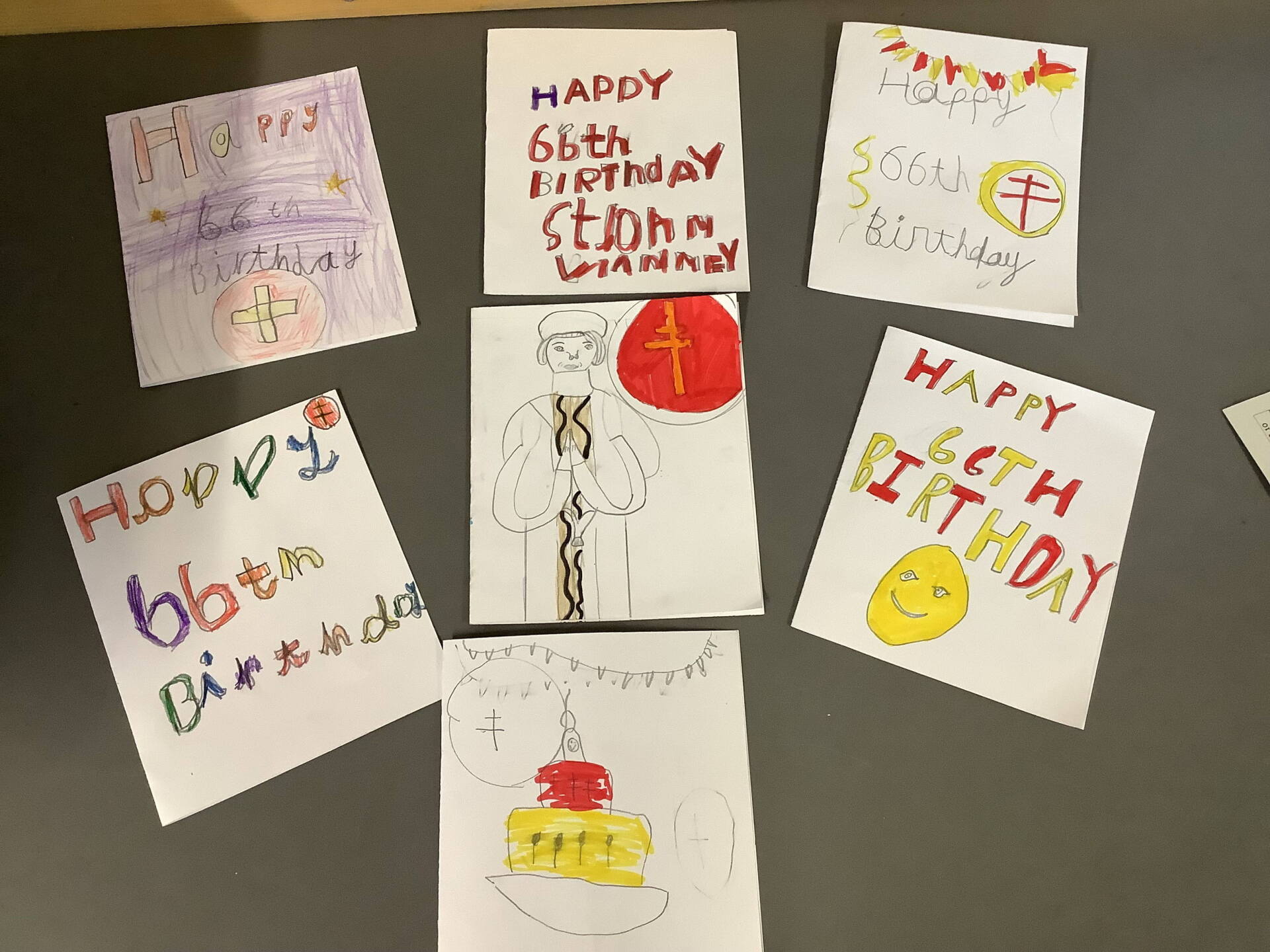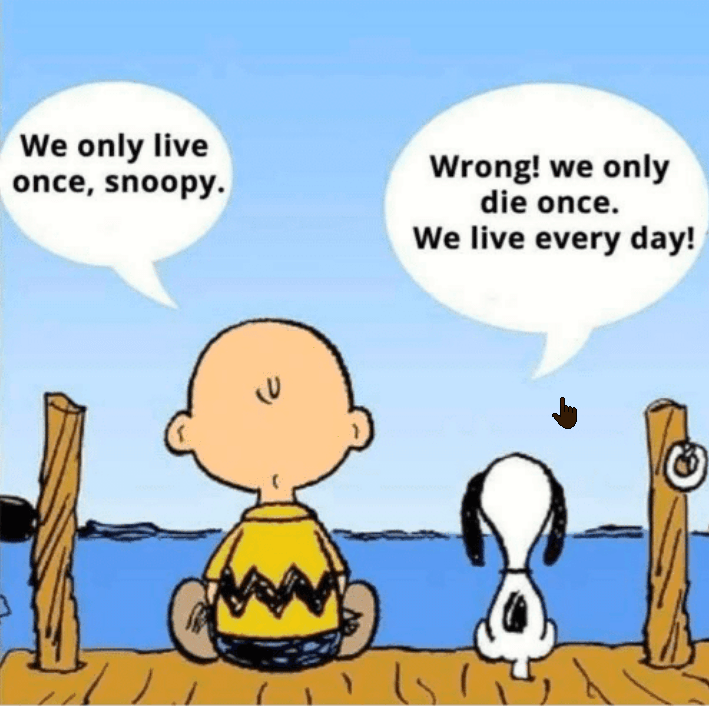Justice Matters: Language, grace and justice
On Sunday Fr Mike called us to use language gracefully, recalling the goodness in people. He gave the example of someone reacting to a racial comment from a friend not by accusation but by saying, “That comment surprises me coming from you….” That graced reaction was an invitation to the friend to express their best selves.
Reflecting on my recent visit to occupied Palestine I wondered, “How can we respond with such grace when politicians and media use words that misinform, or seek to oppress and control?”
See
Walking into Bethlehem from Israel’s checkpoint 300, I saw a new mural on the 20 foot high Barrier. The image was of
Shireen Abu Akleh, a Palestinian-American Christian killed in May, shot by an Israeli soldier. Firing had continued on those who tried to help Shireen. The image shows three murals, including Shireen. She was a highly respected journalist, one of more than 45 killed by Israeli forces since 2000 according to the Palestinian Ministry of Information.
The BBC video of the funeral
has a bizarre commentary. 30 secs into the video, as we watch police attacking the funeral we hear that “violence broke out”, “Israeli police and Palestinians clashed.” Somehow BBC reports usually use abstract, passive terms when Israelis attack Palestinians: a fake symmetry is projected. People carrying a coffin in procession seem equal in responsibility to armed police beating them over the head with sticks. Elsewhere in the video the terminology improves, but then there is reporting of Palestinian violence – but not as freedom fighters (cf. Ukraine…). It is reported without the context of the decades of oppression and dispossession by Israel and the recent years’ increase in violence against Palestinians. For 3 generations many Palestinians have spent all their lives in refugee camps constrained by Israeli permits…. However, the more effective as well as the more common Palestinian response is indeed, amazingly, non-violent. The fear is this patience is worn too thin as the international community turns away.
As I write, today is the 2nd November, the anniversary of the Balfour Declaration. That did so much to set the scene for the giveaway of Palestinians’ land, hopes, lives and self-determination. It is a day to recall that the Westminster government could help to hold Israel to account in international law – but neither major party has any intention of doing so.
Suitably 2nd November was also the day for the Israeli election results to be declared, giving some 14 seats to a group that is openly racist against “Arabs,” the term used to blur the Palestinian identity.
Reflect
Here are three statements from Palestinians:
- “always act with a filter of love. ” She meant if I am not speaking or acting or emailing in love for the other person, don’t do it.
- “Remember that those who oppress us [with violence, detaining our children, taking our homes] are dehumanising themselves as well as us.”
- “We are all connected. Work for justice for someone.”
Increasingly often, some settlers and some Israelis attack Palestinians. Other Jews, both in Israel and beyond, have a deeper grasp of Judaism, and call for justice - the widows and orphans should be protected, not increased in number; the commandments apply to how we treat all people; God’s love is not exclusive, but for all.
American democracy teeters on the brink of a precipice of hate speech and falsehoods from Trumpists. From Westminster we hear migrants referred to as “invaders”, and priorities concern “the economy” in ways that benefit the rich, over the limitations of the Earth and the needs of those struggling for food and heat.
Let’s be alert, not desensitised, to the language used to oppress and divide. As Tutu said, “We can only be human together”.
Act
Perhaps we can remember to use that “filter” - the love of God lives deep down within each of us. The challenge is to let it touch our actions and words, and emails…. Including when writing to media or politicians…. Including when the fundamental orientation of the politician or policy that catches our attention can seem to be to acquire land, power or wealth not serve the common good.
Christ’s parables subverted established flawed ways of acting – lets pray and seek that our Church will continue to do this.
Mike Mineter



